The United Nations Security Council has approved a resolution mandating a transitional administration and an International Stabilization Force in Gaza that envisions a credible pathway to Palestinian statehood. The resolution, drafted by the United States as part of President Donald Trump's 20-point peace plan, passed in a 13-0 vote on Monday, paving the way for the crucial next steps for the fragile ceasefire between Israel and Hamas. Russia and China abstained from the vote.
The resolution, which was supported by Arab and other Muslim countries that expressed interest in providing troops for an international force, aims to establish a transitional administration in Gaza and deploy an International Stabilization Force to maintain security and stability in the region. The force will be responsible for disarming Hamas and other militant groups, as well as ensuring the safe and voluntary return of Palestinian refugees.
According to a statement released by the US Mission to the United Nations, the resolution "marks a significant step forward in the pursuit of a lasting and just peace in the Middle East." US Ambassador to the UN, Linda Thomas-Greenfield, said, "Today's vote is a testament to the international community's commitment to a two-state solution and the creation of a Palestinian state that is sovereign, independent, and at peace with Israel."
The resolution has been welcomed by Palestinian leaders, who have long called for international intervention to end the Israeli-Palestinian conflict. Palestinian Authority President Mahmoud Abbas said in a statement, "We appreciate the efforts of the United States and other countries that have supported this resolution. We hope that it will mark the beginning of a new era of peace and stability in our region."
However, not everyone is pleased with the resolution. Israeli Prime Minister Benjamin Netanyahu has expressed concerns that the international force will undermine Israel's sovereignty and security. In a statement, Netanyahu said, "We will not allow any foreign force to enter our territory without our consent. We will take all necessary measures to protect our citizens and our sovereignty."
The resolution is seen as a crucial step towards implementing the Trump peace plan, which was unveiled in 2020. The plan, which was widely criticized by Palestinians and many Arab countries, envisions a two-state solution with Israel and a Palestinian state. However, the plan has been put on hold due to the COVID-19 pandemic and the ongoing conflict between Israel and Hamas.
The deployment of the International Stabilization Force is expected to be a complex and challenging process. The force will need to be authorized by the UN Security Council and will require the consent of both Israel and the Palestinian Authority. The force will also need to be funded and equipped, which could be a significant challenge.
As the international community moves forward with the implementation of the resolution, many are watching with bated breath to see if it will mark a new era of peace and stability in the Middle East.
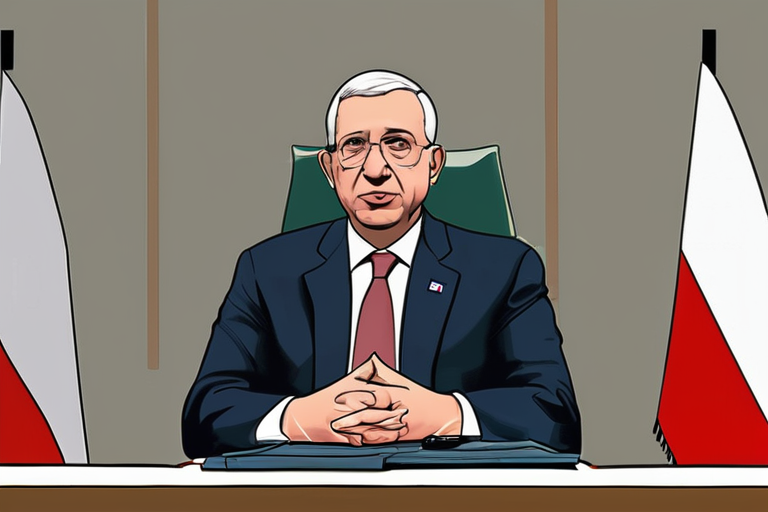




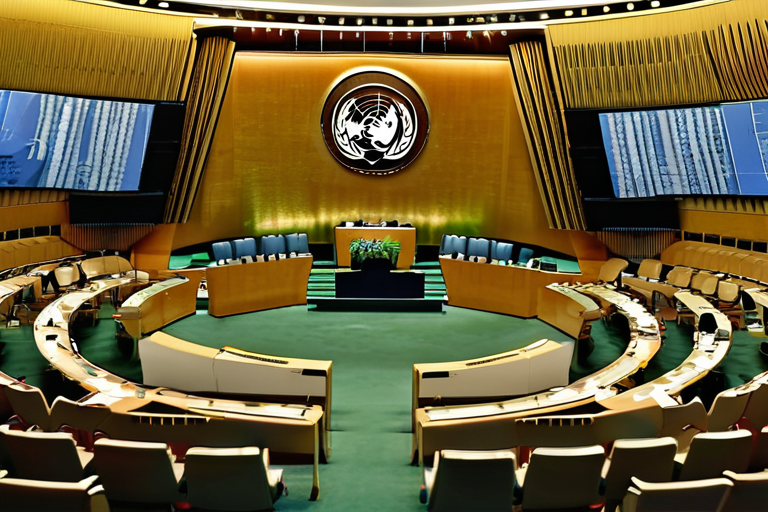
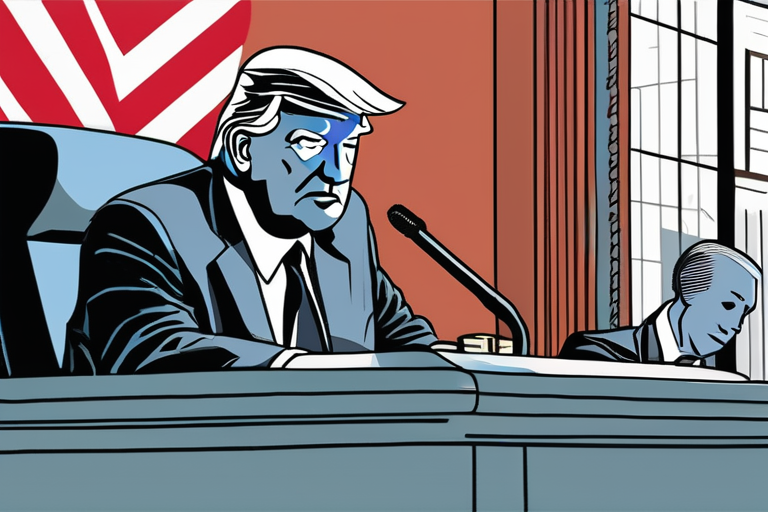
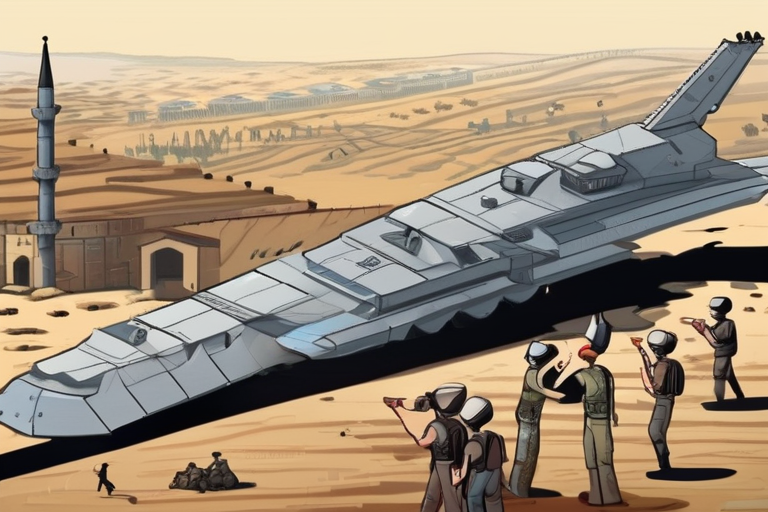

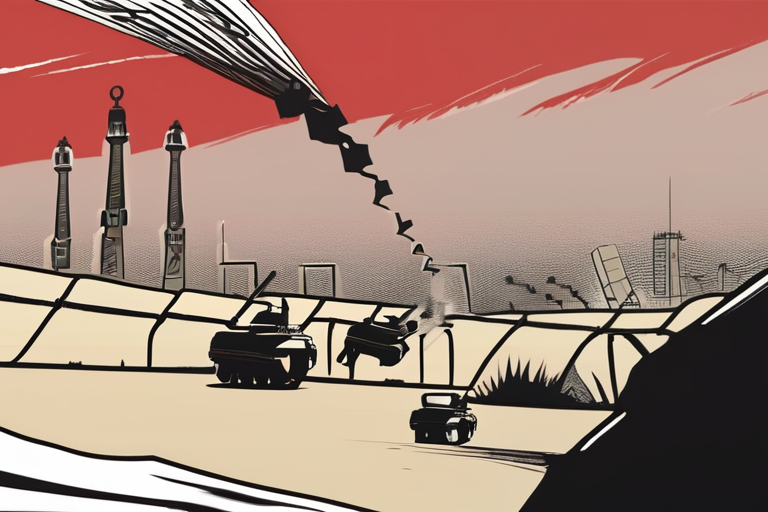
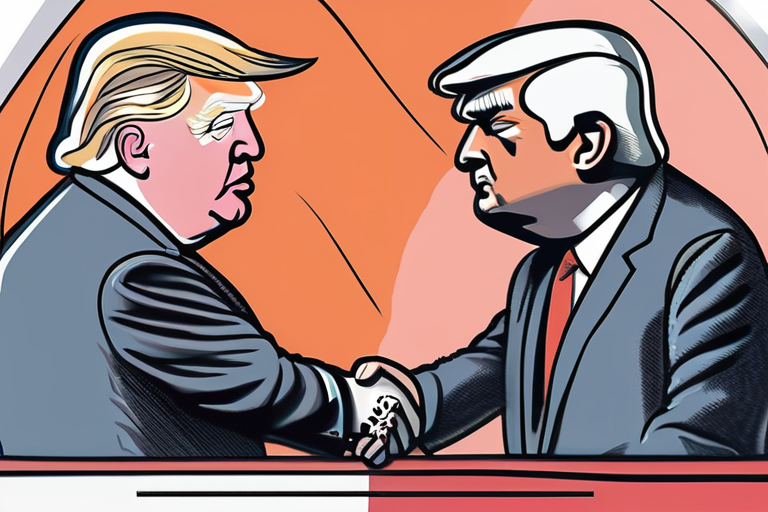
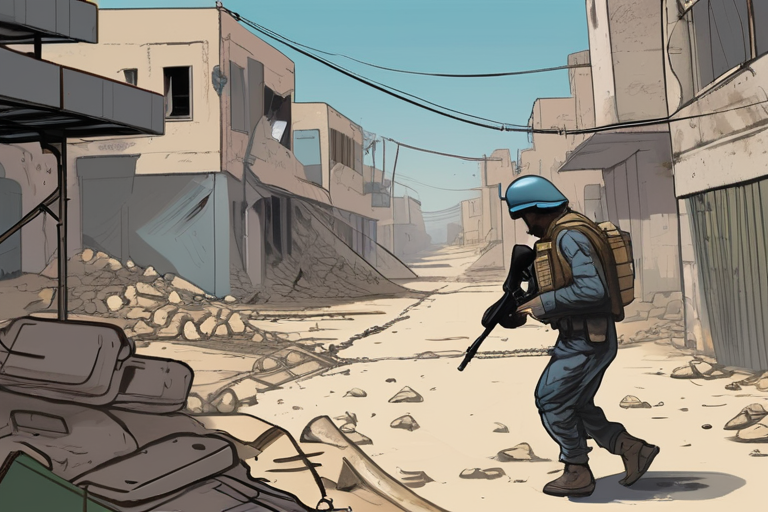
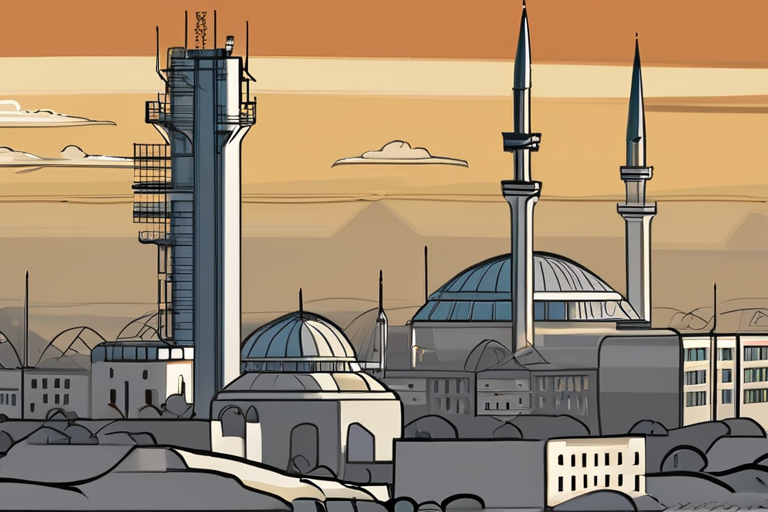


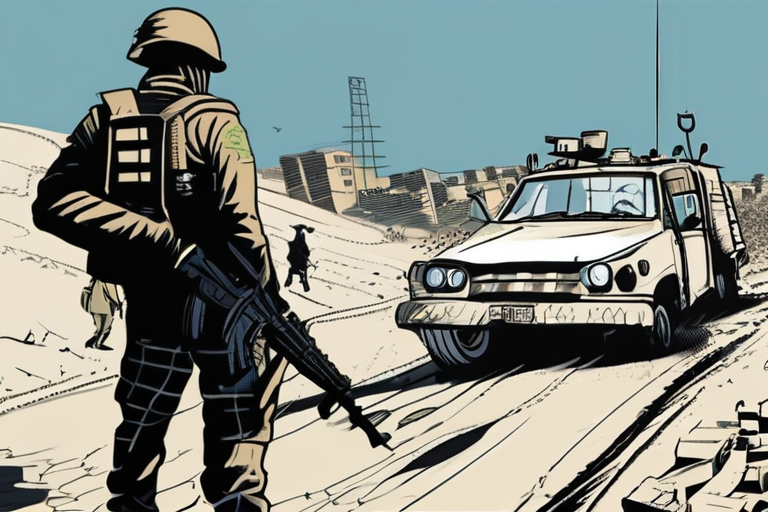
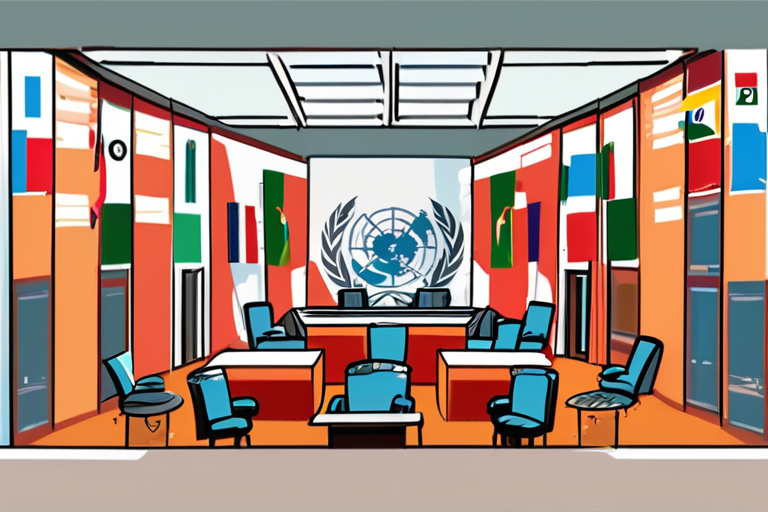



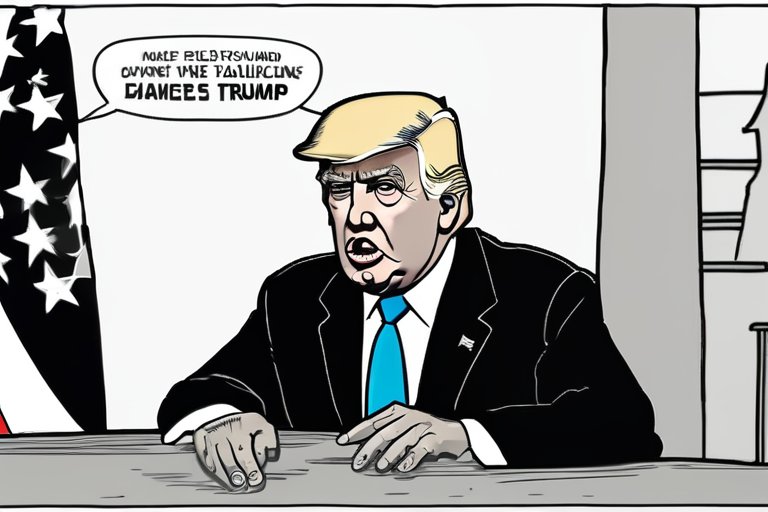

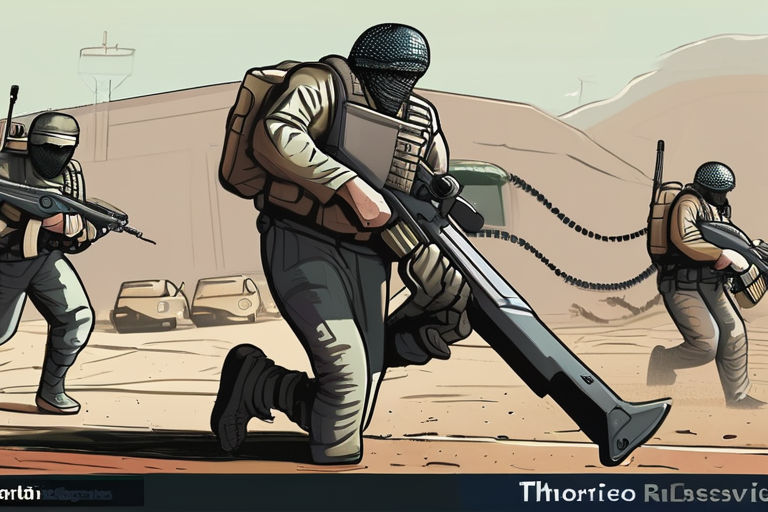
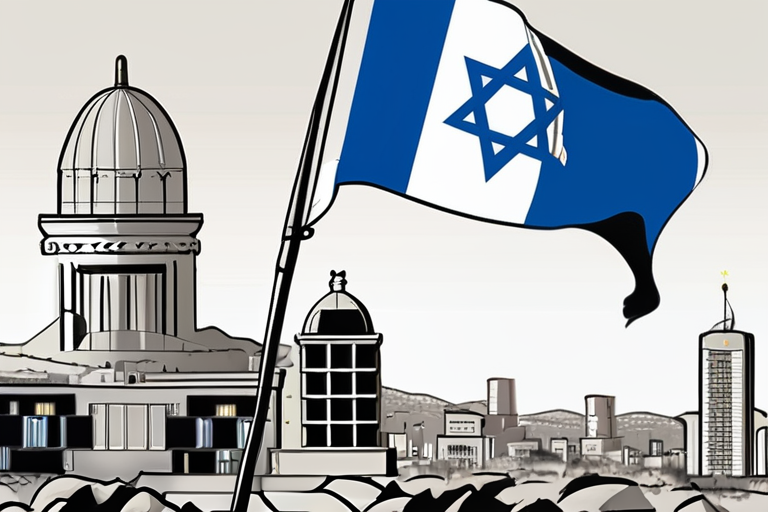
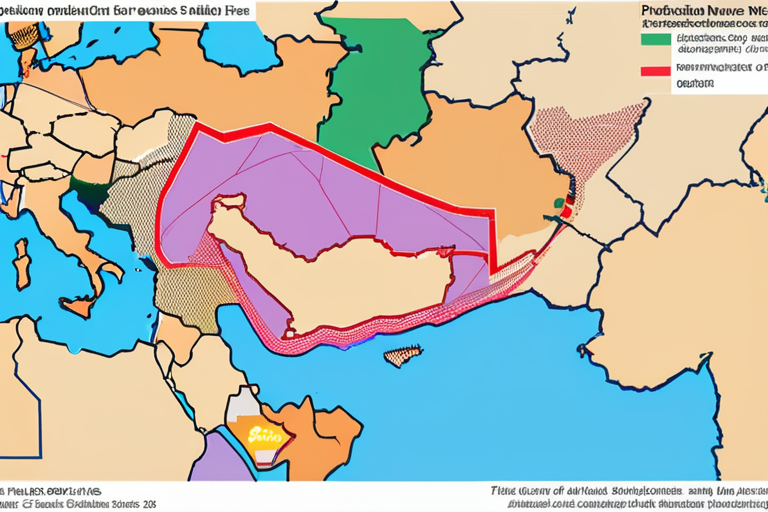

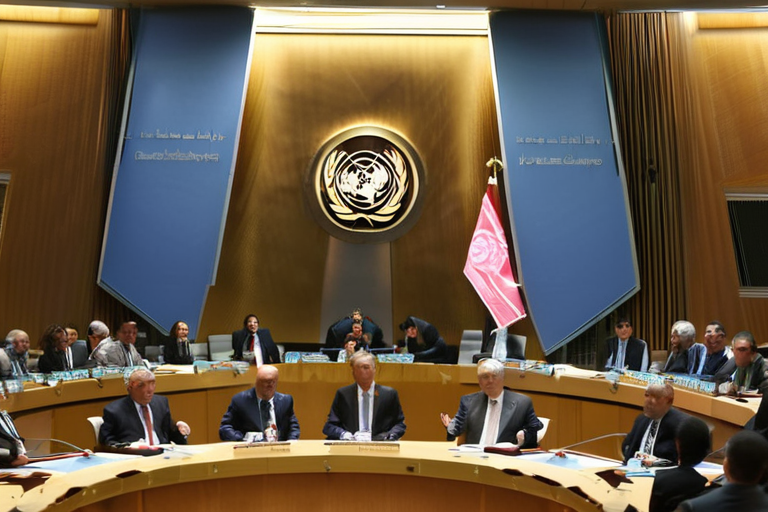
Share & Engage Share
Share this article